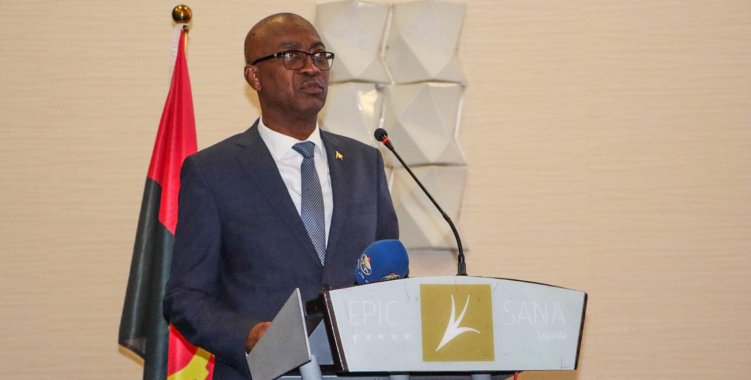According to the Minister of Planning, Victor Hugo Guilherme, the document presents investment opportunities and solutions in the fields of food and beverages, education, renewable energy, infrastructure, financial sector and services.
This instrument integrates the perspective of achieving the priorities of the National Development Plan (PDN) 2023-2027 and the Sustainable Development Goals (SDGs) of the 2030 Agenda.
The official highlighted that the Sustainable Investment Map is the result of a set of actions that included the effective participation of representatives from different ministerial departments, the private sector, diplomatic representations, development partners, academia and civil society.
Victor Hugo Guilherme highlighted that Angola is in the process of diversifying its economy and counts on everyone's participation, stressing that the private sector "is definitely the great engine of development, job creation, quality services, innovation and generation of wealth", it is up to the State to create conditions so that businesspeople can invest with as few barriers as possible.
In her speech, the representative of the United Nations Development Program (UNDP) in Angola, Denise António, said that there are investment opportunities, but it is also important to address the risks and challenges currently faced by companies, which are fundamental to boosting private investment.
"This includes improving the business environment, promoting digitalization to simplify administrative processes, strengthening support for micro-enterprises and strengthening the Single Investment Window, to name a few examples", she said.
Denise António defended the creation of innovative partnerships between the public and private sector, dialogue on possible reforms, investor meetings and more analytical work to identify and promote investment opportunities at the municipal level.
The UNDP representative highlighted Angola's commitment, in recent years, to advancing the SDGs, but to achieve these ambitious objectives, in addition to Government action, the active participation of the private sector, civil society and international partners is necessary.
Lusa heard some representatives from the private sector about their experiences, such as businesswoman Elisabete dos Santos, from the poultry sector, who said that Angola's problems have all been identified, and it is necessary to move to action, with the presentation of solutions.
"I started 14 years ago, and at that time I thought that the poultry sector would already be at a very high level, and what I appreciate on a day-to-day basis is that we have reduced our internal production capacity", she considered.
In turn, the president of the Industrial Association of Angola, José Severino, considered the inclusion of the fishing sector important, because the country already produced 800 thousand tons per year and today only reaches 250 thousand tons per year.
José Severino emphasized the importance of looking at fishing issues and combating "the depredation of resources".
"But with some violence, because crime is not treated with gloves, crime is treated with violence, because there are some organizations here that do not respect our national interests", he highlighted.







